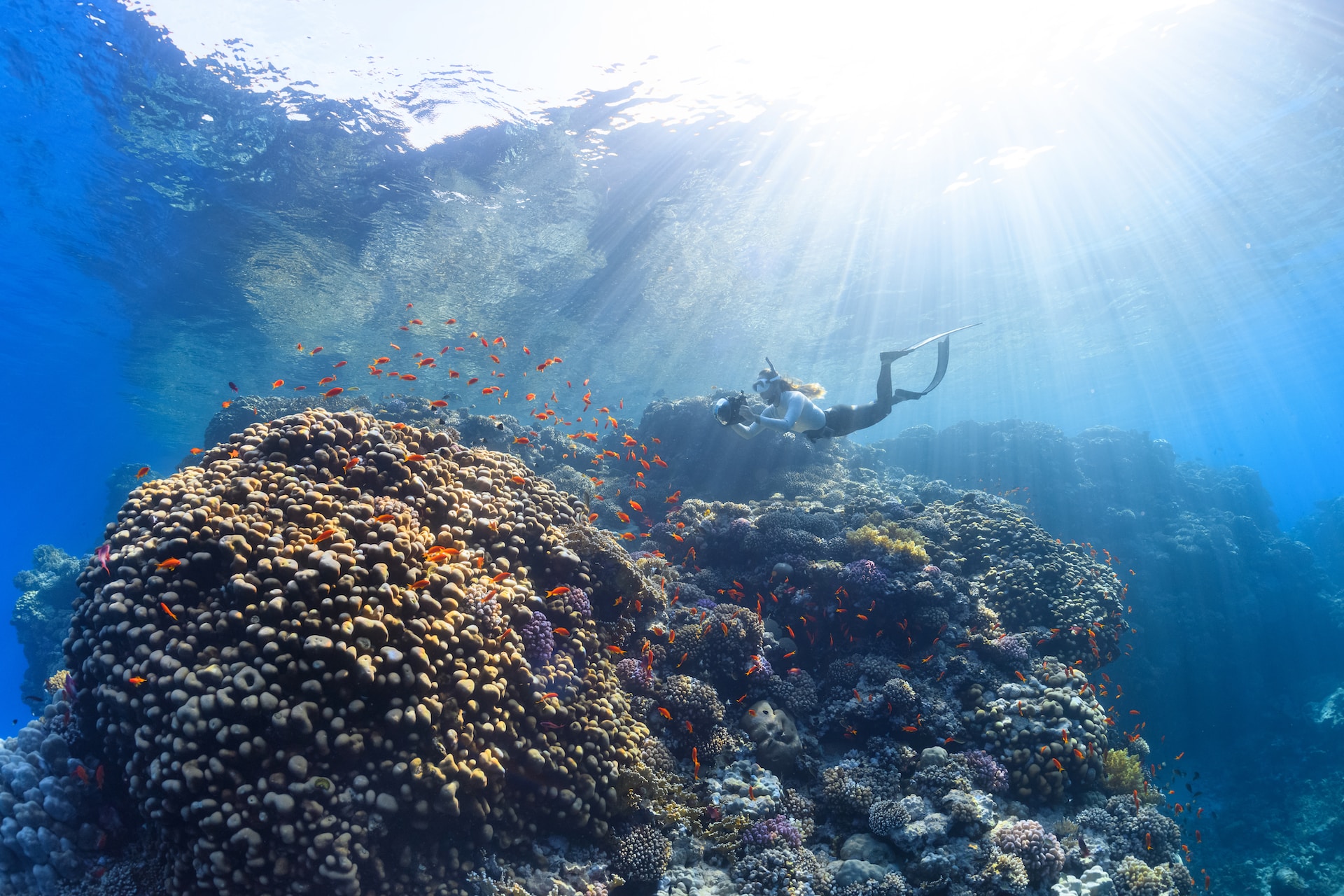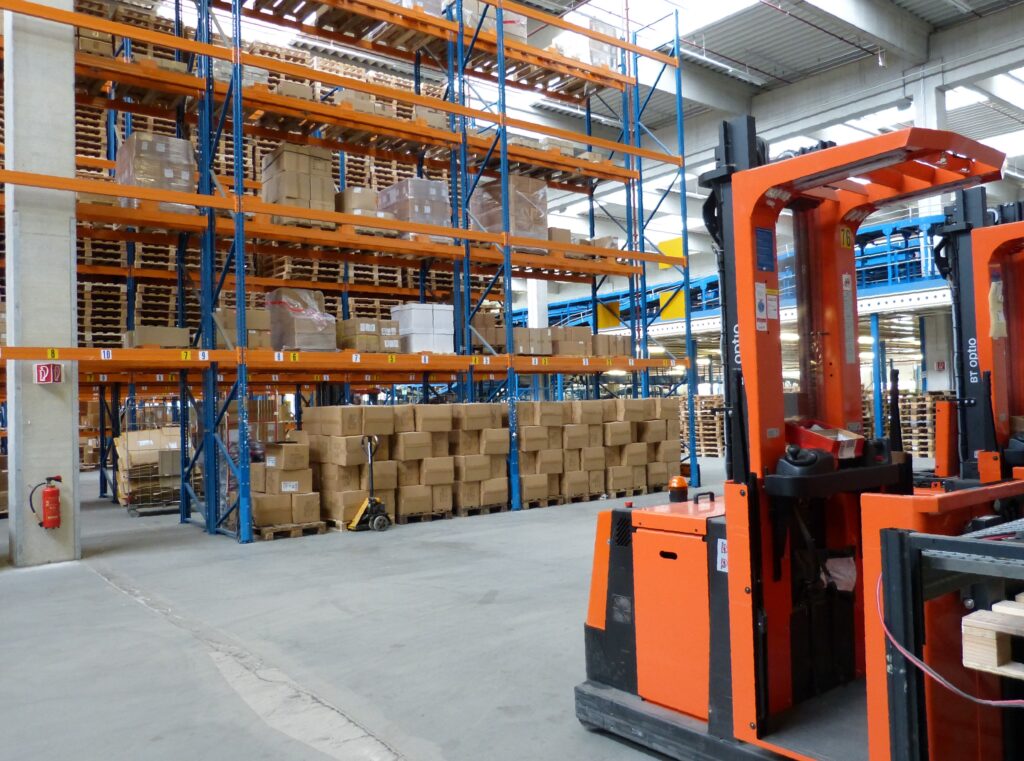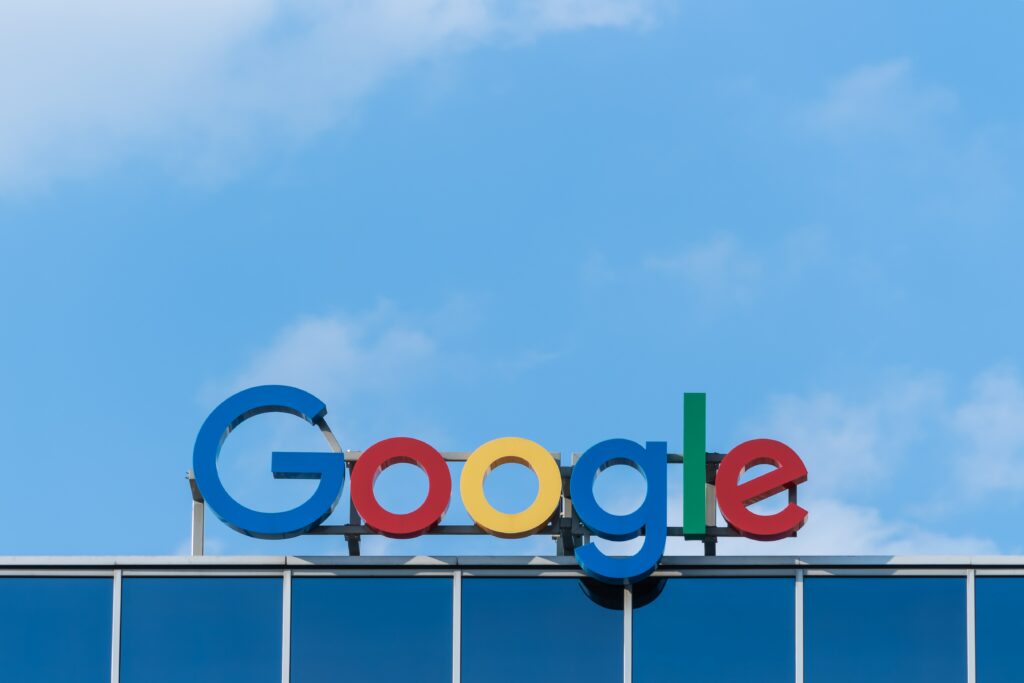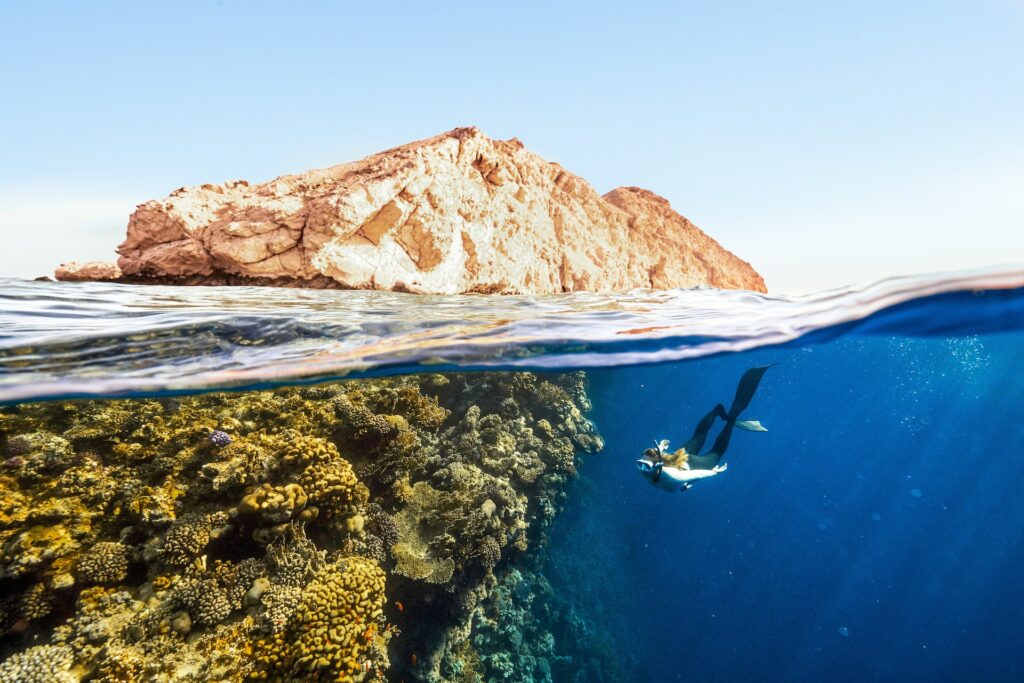In June, Cognizant announced its new business group, Cognizant Ocean, a venture that applies AI and data analytics to clients in the “Blue Economy” to improve outcomes, reduce carbon output and decarbonize our oceans. In addition, Cognizant and Tidal entered into a partnership to make Tidal’s ocean information platform widely available to the aquaculture market.
With climate change becoming an ever-increasing issue for our Earth, businesses need to focus on their carbon footprint and meet their ESG goals more than ever before. ERP Today spoke with Stig Martin, global head of Ocean at Cognizant, to dive deeper into how the idea for the business came about, why Cognizant is focusing on our oceans – and what enterprises can learn from Cognizant Ocean and utilizing AI for sustainability.
Melissa Evatt (ME): What inspired Cognizant to create Cognizant Ocean?
Stig Martin (SM): The impacts of over-exploitation and climate change have degraded the ocean’s health, making it more difficult for industries that rely on it to run their businesses predictably and profitably. 3.3 billion of the world’s population has a livelihood or connection to the ocean. Given our expertise in AI, we knew that this technology has a critical role to play, with the ability to help decarbonize the oceans and mitigate the impacts of climate change on its ecosystems.
As part of this initiative, we partnered up with Tidal, a project at X, Google’s moonshot factory, to find new areas of innovation in aquaculture, and improve sustainable food production. For example, by monitoring the behavior and welfare of thousands of individual fish over time, we have been able to improve how large-scale fish farmers manage their pens, and help create more predictability of fish health, quantity and weight.
Looking ahead, we are looking at the use of AI in other areas of the Blue Economy. For example, port operations and logistics have many operational challenges, including congestion, environmental impact and resiliency.
ME: Why the Ocean? What has inspired this business to target the ‘Blue Economy’ specifically?
SM: There are already hundreds of initiatives aimed at supporting sustainable agricultural practices on land, but not so many for all the activity that goes on underwater. We recognize the economic, social and environmental significance of the ocean industries and the urgent need to address the challenges they face. The ocean industries provide essential goods and services to global trade, food security and energy supply, but also contribute to environmental degradation, climate change, and biodiversity loss. By focusing on the ocean industries, Cognizant Ocean aims to drive sustainable growth, promote responsible practices and contribute to the conservation and restoration of ocean ecosystems.
We chose to focus on the Blue Economy as a holistic concept that encompasses four economic sectors related to oceans, seas and coasts: Blue Food, Blue Energy, Blue Transportation and Blue Carbon. According to the World Bank, these sectors account for $1.5tn of the annual global economy combined.
ME: How will the Tidal collaboration work?
SM: Cognizant Ocean, alongside Tidal, is creating an ecosystem of solutions to provide visibility of the value chain that enables ocean industries to make their operations more sustainable and resilient amid the uncertainty caused by the impacts of over-exploitation, depletion of resources and climate change on the ocean’s health. For example, Tidal has already developed a digital technology solution that uses sensors, machine learning, data, AI and automation to gather and analyse data in the aquaculture and shipping industries.
Tidal’s technology has already been deployed in a number of pilot projects around the world and is now working in partnership with Cognizant to expand the platform ecosystem using the full power of AI technology. This collaboration offers businesses valuable information to help them make more intelligent business decisions, build more resiliency into their operations and run more efficiently in a strict regulatory environment.
ME: Do you have any case studies of Cognizant Ocean being implemented successfully and how has this benefitted the surrounding environment? E.g., Blue Transport – developing efficient and sustainable transportation, or Blue Food – promoting sustainable and responsible practices in food production etc.
SM: Cognizant Ocean is a recently created business unit for us, but there is already a huge amount of work going on behind the scenes and a number of pilot projects which we hope to be able to talk publicly about soon. As mentioned, Tidal’s technology is already being deployed in multiple locations around the world including Norway, where they have worked in collaboration with Mowi, the world’s biggest salmon farmer, to deploy the technology.
The system, which is able to track and model fish behaviours, environmental conditions and the health of salmon over time, has already been deployed commercially across multiple locations and is helping farmers confidently manage and optimise their daily operations. Through its partnership with Cognizant, it will be bringing this technology to the market at scale, expanding to more areas within the Blue Economy, including ports and other marine transportation infrastructure.
ME: What can other businesses learn from Cognizant Ocean?
SM: The main learning other businesses can take from our work at Cognizant Ocean is that digital transformation and the use of AI is applicable to all sectors. With the right technology, strategy and partners, we can tackle some of the world’s biggest problems. Who knew we would be able to analyse fish behaviours in such detail to tell whether they needed to be fed?
While technology itself is the cause for many of today’s environmental challenges, there’s no doubt that it also holds the key to overcoming them. It is vital businesses recognise and take advantage of its power soon before it’s too late.
ME: What is next for Cognizant Ocean?
SM: There are lots of areas in the Blue Economy where we see an opportunity to help. For example, Blue Transport, which involves solving the key challenges in port operations, which include congestion, environmental impact and resiliency.
Congestion can lead to delays in vessel arrivals and departures. For instance, the Port of Los Angeles, one of the busiest ports in the world, experienced significant congestion in 2021, with vessels waiting offshore for days or even weeks before being able to unload their cargo. The UN Conference on Trade and Development estimates that in autumn of 2021, port congestion reduced global containership capacity by 16 percent. The problem is exacerbated by the prevalence of delays in incoming vessels, making it difficult for ports to plan operations in advance, and resulting in reshuffling of berth allocations. It also increases emissions from idling vessels, decreases carrier capacity and stresses port storage facilities.
Ports also have a multi-faceted impact on the local environment and ecosystems and are under increasing pressure to comply with environmental regulations. For example, stricter emissions standards require ports to invest in cleaner technologies, such as alternative fuels or shore power systems for vessels. Likewise, invasive species can pose significant threats to local ecosystems, meaning they need strong control systems. Finally, dredging and port construction can impact benthic ecosystems. Each of these potential impacts requires risk analysis, monitoring and mitigation.
The final challenge is resiliency. When disruptions occur, they can cause a ripple effect through the transportation network that connect ports. Data siloing between land-based and maritime transportation systems can make it difficult to anticipate and recover from disruptions. Furthermore, climate change will cause extreme weather events to occur with increasing frequency, exacerbating the challenges associated with disruptions.




